Photographs: Herald Groven/Creative Commons
When the world's second wealthiest person says you can have a three-day workweek, chances are it is possible to complete all your tasks in lesser time.
So here are some effective ways to increase your efficiency so you can wrap up early today!
How often do you think back on your day and feel that you could have achieved all of it in half the time?
If the answer to that question is: "Fairly often" it means you're not making the most of your time at work.
Work need not expand to fill time.
It is indeed possible to get done from work earlier than usual.
Here are some easy-to-follow ways to increase your productivity and say bye-bye to your desk!
Let's jump right in, shall we?
Please click NEXT to continue reading...
1. Do not check your emails
Image: Checking your emails can be a particularly distracting task. Avoid doing it the first thing in the morning.Photographs: Kim Levin/Creative Commons
Most of us start our day by checking our emails at home or on our way to work.
If something needs your urgent attention, you probably are in the know by the time you walk into the office anyway.
Don't check your email right away when you get into work.
Trust us there is nothing earth-shattering waiting for you in your inbox.
Checking email the first thing in the morning can be more distracting than you can imagine.
It can put you off track.
Worse, it could take over your whole day. (Yes! It is possible!)
2. Prioritise
Image: Learn to prioritise your tasksPhotographs: Rajesh Karkera/Rediff.com
Avoid starting up your computer for the first ten minutes.
Make a to-do list of and prioritise the tasks at hand the old-fashioned way -- with a pen and paper.
Tasks that are thought-intensive are best tackled in the first half of the day when you're fresh.
This includes all number crunching and analysis-related activities.
Ideally, knock off the task you hate the most off the list first. (Unless it is labour intensive, in which case leave it for the second half.)
Labour-intensive tasks (like replying to emails or attending meetings and conference calls) should ideally be tackled in the second half because we tend to get less sharp with each passing hour.
3. Divide up that odious task
Image: Address a task piecemeal.Photographs: Marco Fare/Creative Commons
If you have a super large, complicated assignment, address it piecemeal. That way you will not be overwhelmed.
Much of this is like running a marathon -- you never target the complete 42 km; you break it up into stages.
4. Delegate
Image: Learn to pass on responsibilities.Photographs: Nguyen Hun Vu/Creative Commons
If a part of a task can be delegated, do it!
Micromanagement is one of the worst things you can do to yourself and your team.
You are part of a team for a reason -- so you can help them and vice versa.
Don't micromanage. Delegate and put that time to better use.
Do not be shy to ask for help.
5. Time your conversations
Image: Idle chit-chat can be good fun but it eats into your time too. Keep it to the minimum.Photographs: Michael Coghlan/Creative Commons
Whether it is a conference call or a meeting or just a casual chit-chat, time it.
You will be amazed at how easily any of these things can get out of hand.
Sometimes the person across the table/phone line loves the sound of her/his voice… sometimes it is you.
Don't let anyone hijack the conversation. And that includes you too.
Keep your conversations brief and precise.
You'll be surprised at how much time you save!
6. Ask yourself: "Am I really needed for this meeting?"
Image: Meetings are important but not sacrosanct. But you ought to know the difference.Photographs: Creative Commons
Meetings are important but not sacrosanct.
Know the difference!
If your boss has scheduled a one-on-one meeting with you, you better clear out your schedule because that's a meeting you should be attending.
If it's a meeting about organising tea and drinks for the office party, no one's going to hold it against you for missing it.
Time is money. So before you decide to walk into that next meeting you've been called into, ask yourself if you are really needed there.
You aren't exactly getting paid to attend meetings, you know. :-)
7. Get off social media
Image: Being on social meida is important but it should not consume the rest of your day.Photographs: Dado Ruvic/Reuters
It is not possible to stay off social media.
Social media is often our only connection with the outside world when we are holed up in our offices so we wouldn't even advocate it.
But set your limits.
Chatting, Tweeting, posting Facebook updates are things you do in-between your day's work and not the other way around.
And if you are in a company that is kind enough to not put these sites behind a firewall, don't abuse the privilege.
8. Don't multitask
Image: Multitasking is a bad, bad idea.Photographs: Kyle Pearce/Creative Commons
Truth is multitasking is just a sexy word that you use in job interviews.
According to studies, multitasking can tend to make you less productive.
Think of it -- each time you switch task, you are bound to lose time and orientation.
And by the time you get back to the original task you have lost the thread and must spend time looking for it.
All of this lost time adds up.
9. Set realistic but ambitious goals
Image: If you are able to check every single thing off your list consistently, raise the bar.Photographs: Reuben NV/Rediff.com
It is easy to begin your day by telling yourself that you'll conquer the world.
As the day progresses, you will realise how difficult (not to mention impossible) it really is.
So start your day by setting realistic goals.
Let them be specific and set deadlines for each of them.
Importantly, don't mistake realistic for lowly.
Keep your goals ambitious so you keep pushing yourself to achieve them.
How do you know the difference? If you are able to achieve everything on your to-do list consistently, it's a sign you are going easy on yourself.
10. Review
Image: Look back at your day and ask yourself if you could have done things differently.Photographs: Creative Commons
This is crucial.
End your day as you began.
Check your email one last time to see if there's a fire you need to put out.
If there isn't, shut your computer and go back to the pen and paper.
Review what you did and ask yourself how you could have done it differently.
Jot down a tentative to-do list for the next day and then don't think about work at all :-)

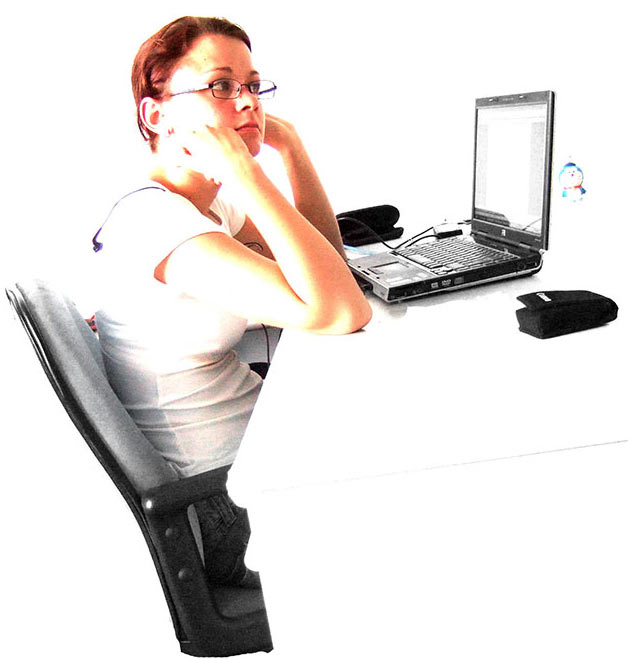
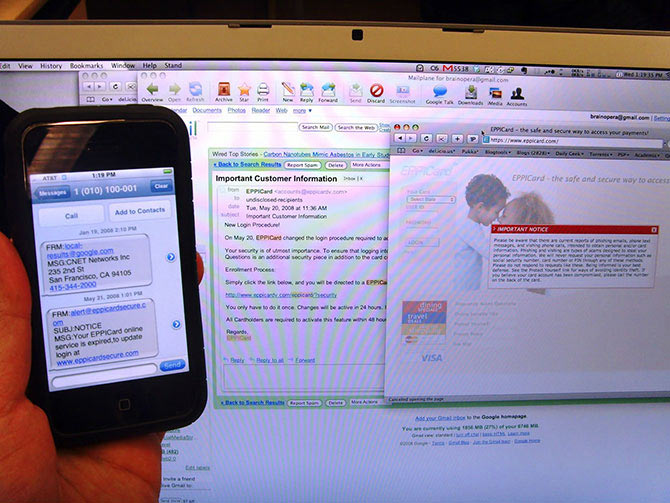
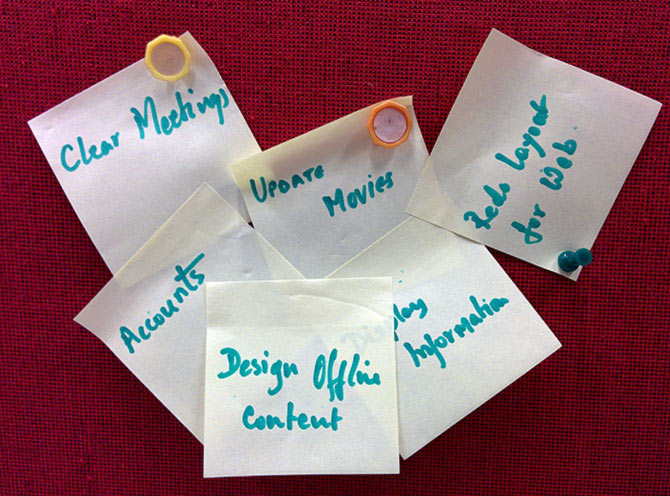
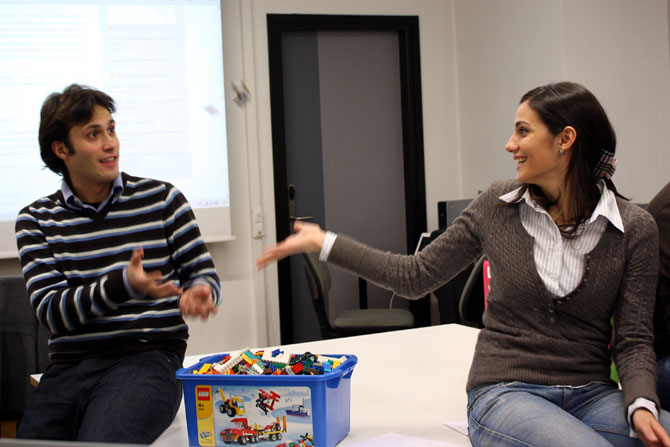

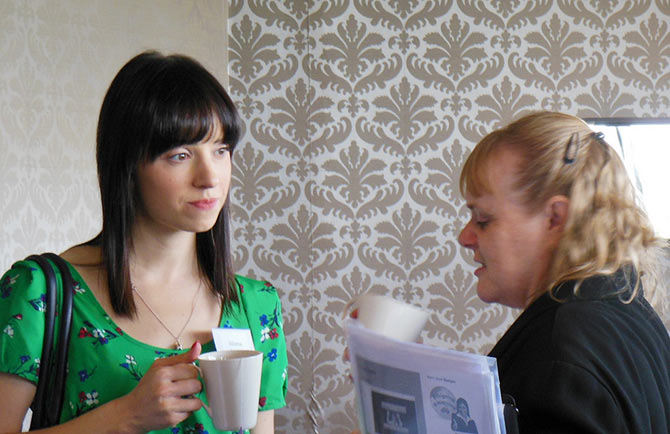
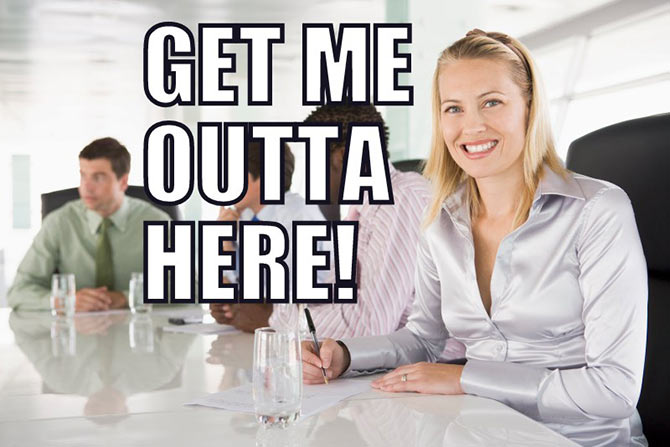

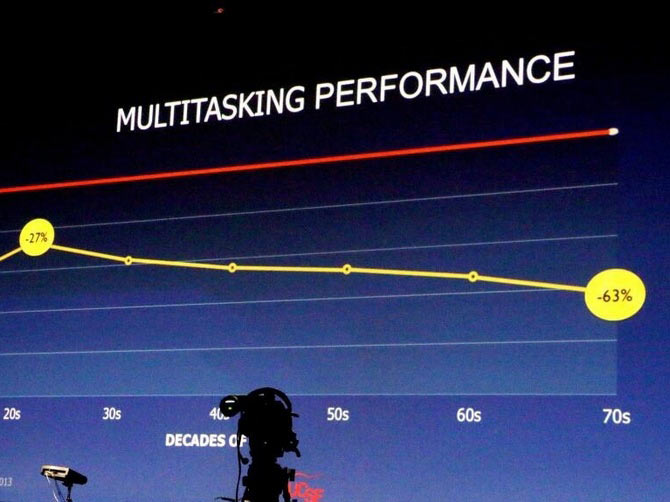
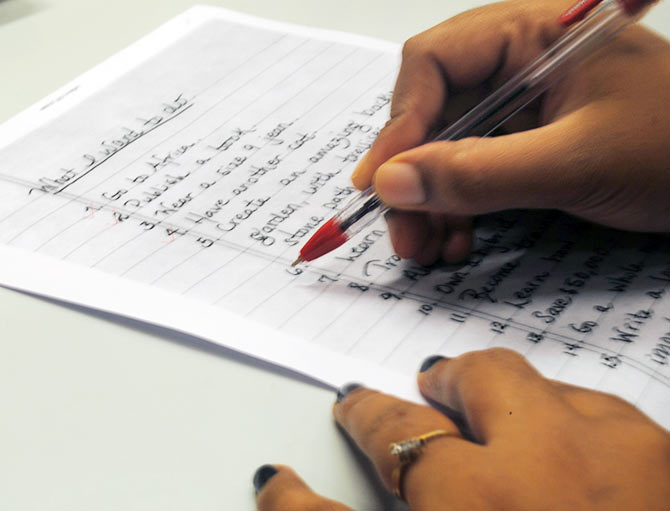

Comment
article